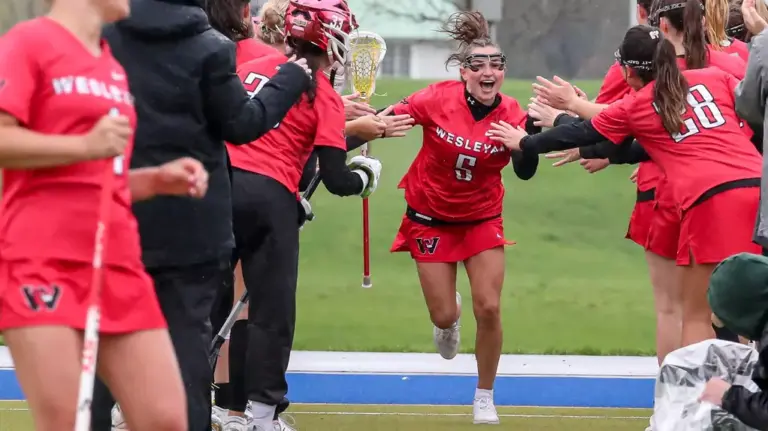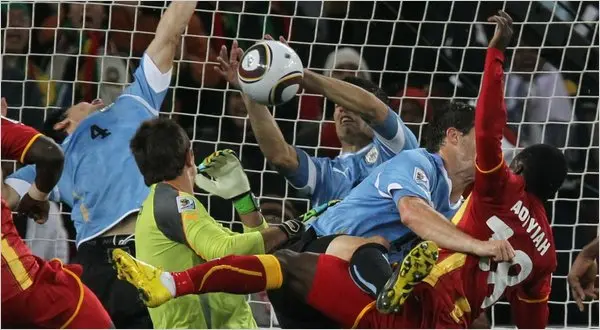Consider Teach for America after Wes
Almost exactly one year ago, I applied to Teach for America. As a senior at Wes, I started looking for something beyond the bubble, and I had always wanted to be a teacher in a public school system. The concept of joining a corps of like-minded individuals appealed to me, and while I had no idea what I was getting into, I decided to commit myself to two years teaching in New York City.
I am currently living only two hours from Wesleyan, but I feel like I’m in a foreign country. I’ve taken my degree in History and Iberian Studies and become a middle school math teacher. The school I work at is in Washington Heights (Manhattan), and we serve a very specific population, “the most recent newcomers to the United States. Our school is a bilingual one.” I am currently teaching math entirely in Spanish. The students we serve have arrived to the U.S. within the past year (I have had two kids show up this week; both have been in the country for less than a week). My 6th, 7th, and 8th graders range from 10 to 16. Many of our kids are classified as SIFE (students with interrupted formal education), which is to say that they took time off in the middle of their education, like my tallest 6th grader who is almost 14 years old. On the other hand, some kids have been placed in my class based on their age; one boy was moved from the 4th grade to the 7th grade when he moved to the U.S. because he was 12 years old. All of them are below grade level, and they are all performing far below their higher income peers. To help you wrap your mind around that, my 6th graders can add and subtract, but not quickly (they still count on their fingers). They know their multiplication tables (sort of), but when they see 4 equal groups of 5 desks, they count from 1 to 20, instead of instantly knowing the answer. They know their basic division facts, but if I ask them to divide 23 stickers between 2 people, most of them struggle with the answer. All of these are skills that should be mastered by 3rd or 4th grade. My 7th and 8th graders have never heard the word “equation” (ecuación) before, and they can’t multiply or divide, either. It’s my job to teach all of them the skills and content they need to not only get by but also actually make up for years of inadequate education, while also pushing along those kids who are almost ready for the 6th, 7th, or 8th grade, respectively. I have only been teaching for two months, but I can already see some progress. My 6th graders have already learned place value, decimal operations, and inequalities. Their math vocabulary has been increasing; they now say “equivalent” (equivalente) when they see two equal groups, and they raise their hands to say so. Earlier this month, I taught some of my kids how to subtract. One boy has gone from being incapable of adding to being able to add, subtract, multiply, and divide (on a basic level). My kids are still behind, but they have responded to my challenge to be respectful in school and to demonstrate their latent intelligence.
Say what you will about Teach for America (and I’m more than willing to discuss the organization and anything else about my job in my daily 19 minutes of free time), but it is really an amazing organization. I have constant support from a network of experts whose job it is to make sure that I’m always holding my kids to a high standard. TFA has the know-how and manpower to provide all corps members with the resources required to constantly increase our effectiveness, and they expect us to read the books and show up for the workshops that will make us better teachers. I spend my evenings and weekends thinking about my kids, and so do all of my friends. It’s a frustrating and exhausting job, but also incredibly rewarding.
This is my life for the next two plus years. How are you going to spend your first two years out of college?
Feel free to contact me at lcartwrightp@wes. And I’ll be back for Homecoming for a nice escape from grading papers and lesson planning.







Leave a Reply